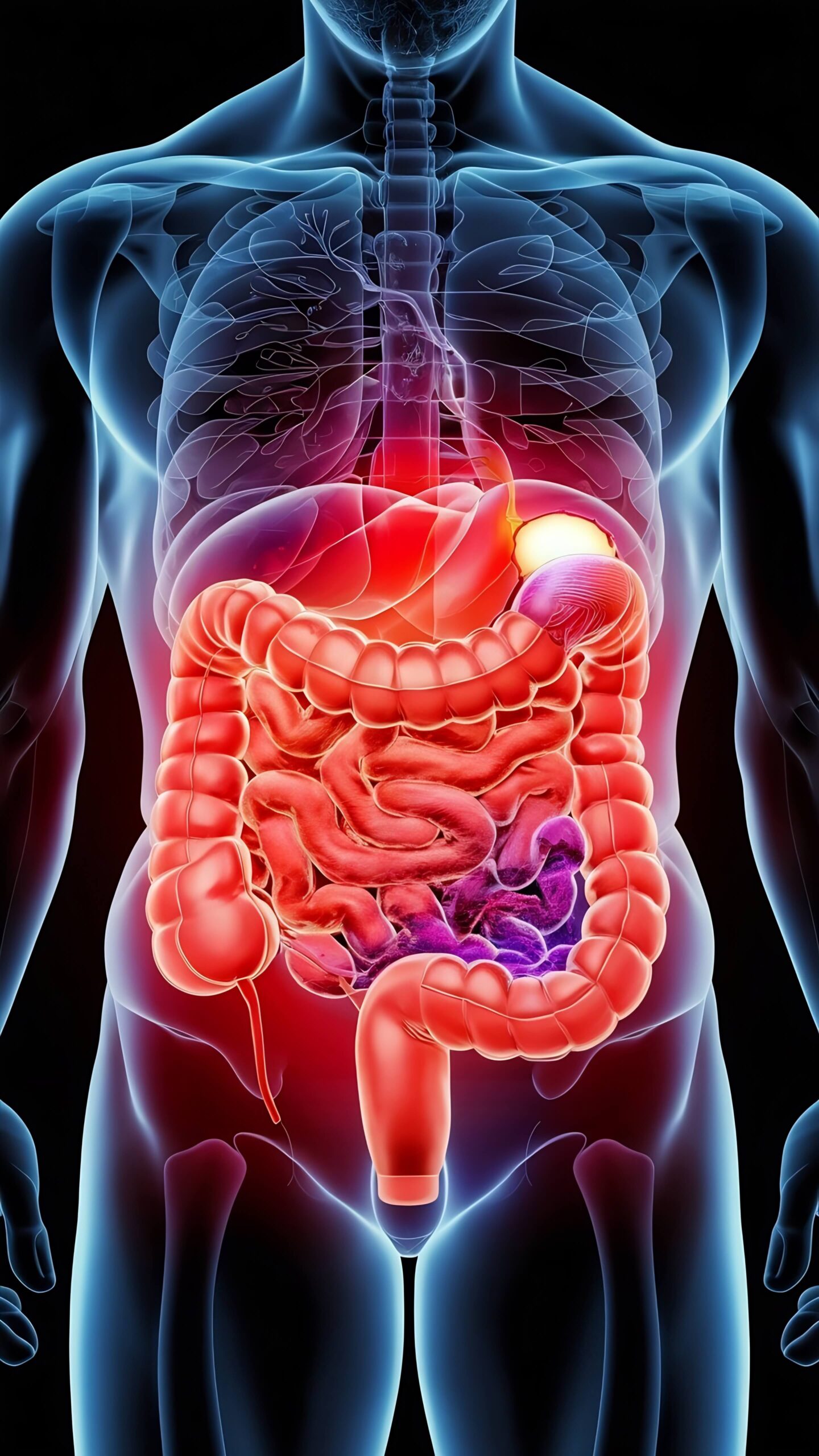So that it may digest and use the food you consume, your body has an extraordinary system called the gastrointestinal or GI tract. At GI Alliance, we concentrate on the health and maintenance of this important body system. Our goal is to help you become more aware of your digestive health, and our physicians specialize in a large number of gastrointestinal (GI) diseases and conditions. If you’re experiencing GI concerns, then our team at GI Alliance can help you find a digestive health physician near you. Read on to learn more about the digestive system and how it functions.
What should I understand about the gastrointestinal tract?
Your gastrointestinal tract is comprised of a sequence of linked organs that move and break down the food items you consume. Via chemical and mechanical digestive factors, these bodily organs diminish food into its most basic elements so your body may absorb the nutrients it requires and dispose of the remaining waste products. The GI system is comprised of hollow organs, like the esophagus, stomach, small bowel, and large bowel, that store and propel food through the body. Additional parts of the gastrointestinal tract are the pancreas, liver, and gallbladder. These organs store and create digestive juices and enzymes, in conjunction with other responsibilities.
What makes up the GI tract?
There are several different components in the gastrointestinal tract that all work together to carry out the critical function of digestion. GI organs in the order of digestive function are:
-
Oral Cavity: The first part of the digestive tract, the mouth is where chemical and mechanical digestion starts. We mechanically diminish food into smaller bites by chewing, and our saliva begins the chemical aspect of the digestive process.
-
Esophagus: When food has been diminished into manageable pieces, it’s delivered to the stomach via the esophagus. The esophagus performs muscular contractions as you swallow, moving food to the next part of digestion.
-
Stomach: The stomach is a chamber found in the upper portion of the abdomen. It is where food is held and mixed with acid and enzymes that facilitate the chemical digestive function.
-
Pancreas: Your pancreas generates enzymes that break down proteins, fats, and carbohydrates. It also produces insulin, which is a hormone that helps your body process sugar.
-
Gallbladder: The essential digestive chemical bile is stored in the gallbladder.
-
Liver: The liver is responsible for a number of digestive processes, including creating bile and reducing toxins.
-
Small Intestine: The small intestine completes the process of digesting proteins, carbohydrates, and fats, and the broken-down nutrients are absorbed into the blood.
-
Large Intestine/Appendix/Colon: In the large bowel, fluids are taken from the processed food and the waste is prepared to exit the body as stool.
-
Rectum: The rectum is a chamber positioned at the end of the large bowel that holds stool until it is ready to be evacuated.
-
Anus: The very end of the GI system, the anus is made up of sphincter muscles that help in controlling the emptying of stool.
A doctor who detects, treats, and helps manage conditions of the gastrointestinal system is called a gastroenterologist or GI doctor. You can connect with a gastroenterologist near you through GI Alliance, a physician-led group of board-certified gastroenterologists.
What factors make the intestinal tract so essential?
The components that comprise the intestinal tract work to help you digest and take in vital nourishment from the food you consume. These nutrients are then used to provide you with necessary energy, facilitate growth and development, and restore your cells. The processed food left over after digestion then leaves the body in the form of waste or stool. Should you experience digestive conditions, your ability to digest food and eliminate stool may be impeded, which can significantly impact your general health.
When should you visit a GI specialist?
If you’re noticing concerning issues related to your intestinal health, like chronic heartburn, diarrhea or constipation, blood in your stool, or abdominal discomfort, we encourage you to meet with a gastroenterologist at GI Alliance. Our experts prioritize our patients’ needs, incorporating the latest in treatments and technologies to help protect their GI health and wellness. If you notice any GI symptoms, need a colon cancer screening, or want to learn more about how to preserve your intestinal health, contact GI Alliance for the advanced treatment you need.


